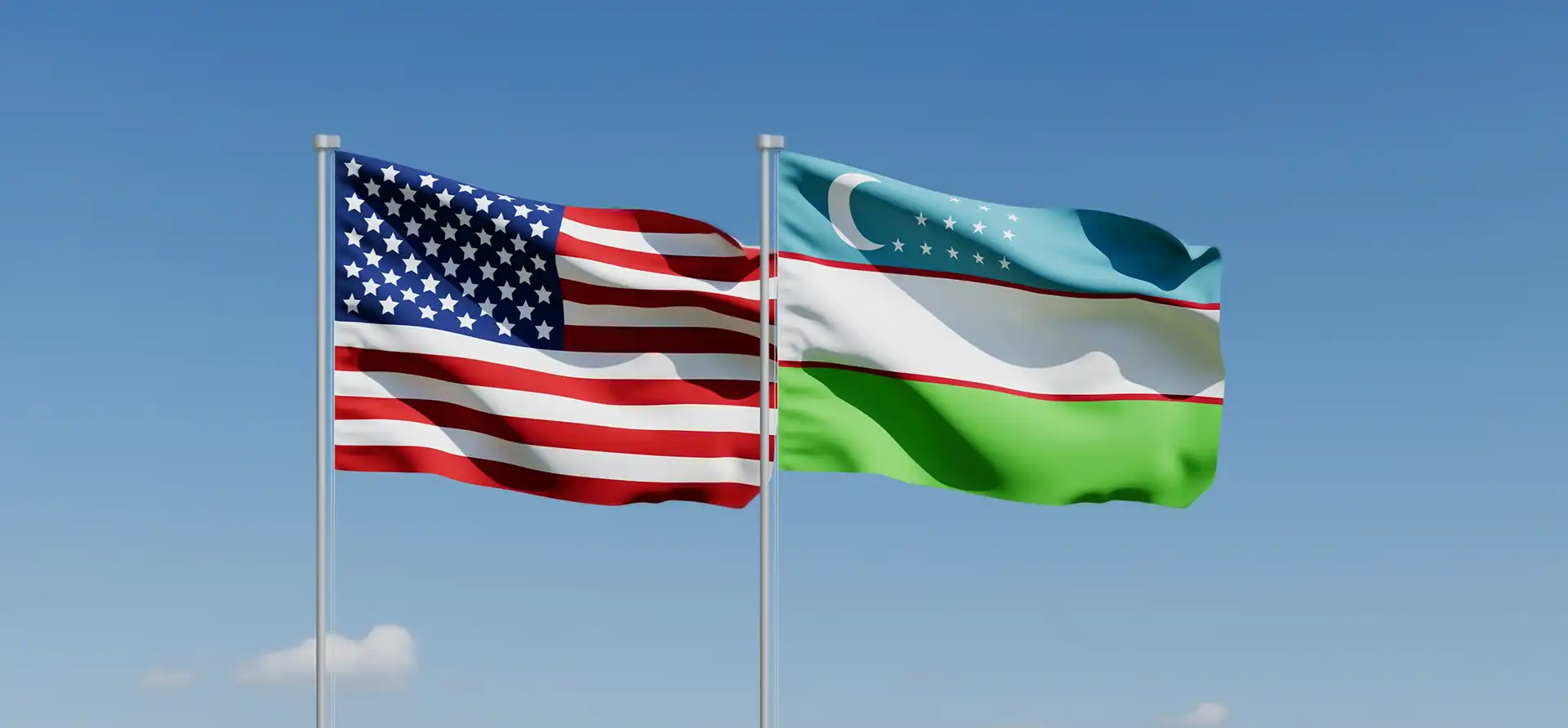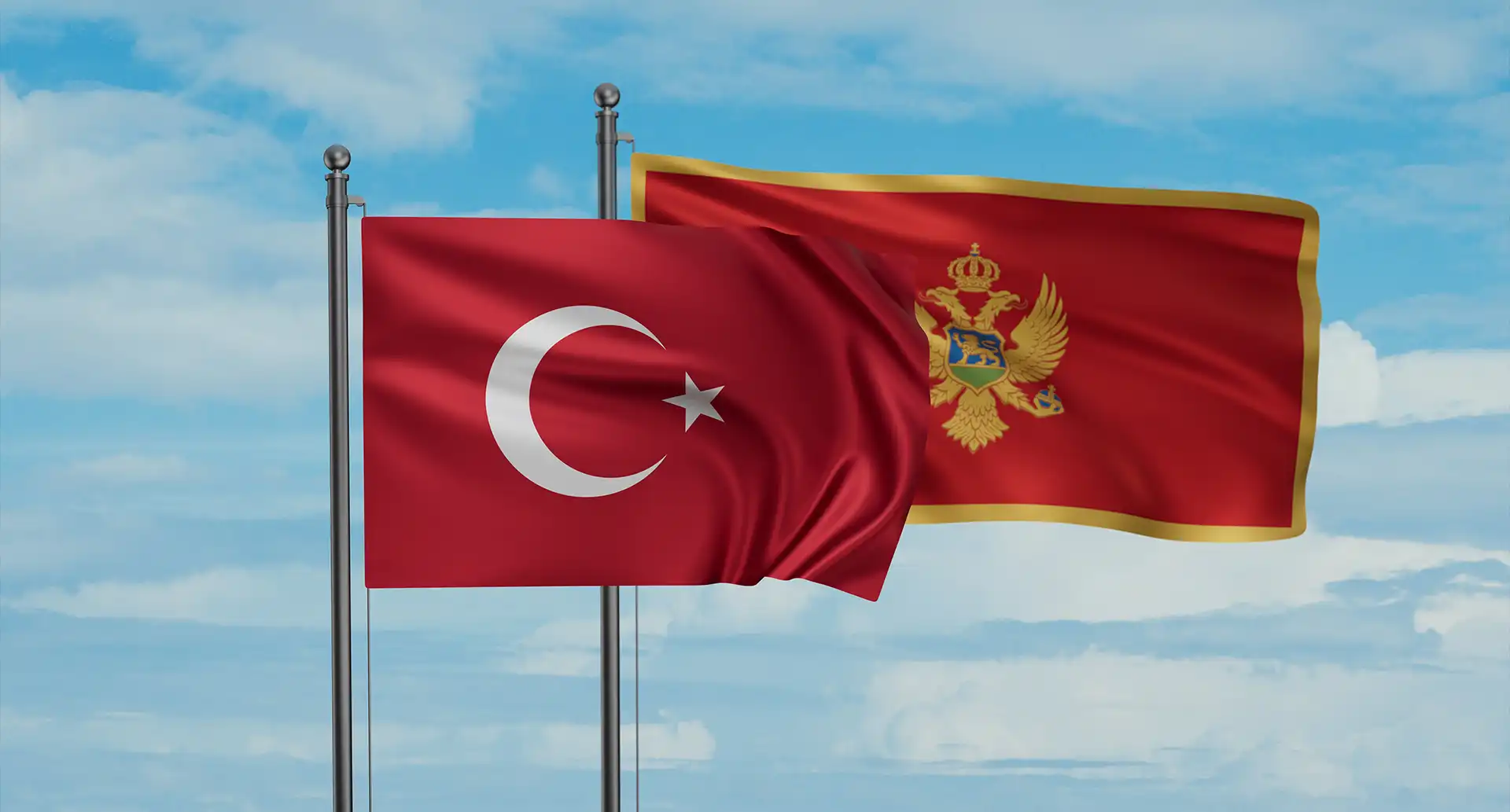

Malaysia
Malaysia passport ranking
The Malaysian passport is currently ranked 9th place on the Guide Passport Index. It provides visa-free access to 184 countries. This makes it one of the most desirable passports in the world with a very high mobility score. Malaysian passport holders have visa-free and visa on arrival to countries such as Brazil, Japan, United Kingdom, United Arab Emirates and the entire European Union allowing almost instant travel worldwide. Malaysian passport holders do however require a visa to enter about 45 destinations in the world. Some destinations where a visa is required are India and Russia.
Malaysia Passport Ranking
The Malaysia passport ranking relative to other global passports is calculated by adding up the number of countries that allow Malaysia passport holders to enter without a visa (i.e. visa-free countries) and those that allow Malaysia passport holders to enter by obtaining a visa on arrival (i.e. visa-on-arrival countries) or an electronic travel authorization (eTA). There are currently a total of 145 Malaysia passport visa-free countries, 32 Malaysia visa-on-arrival countries, and 7 eTA destinations.
Altogether, Malaysia passport holders can enter a total of 184 destinations—either without a visa, through a visa on arrival, or via an eTA. As a result, the Malaysia passport ranks 9 in the world.
Separate from these Malaysia visa-free countries and visa-on-arrival countries, there are 45 additional destinations which Malaysia passport holders either need a physical visa to enter or an eVisa (i.e. visa required countries).
About Malaysia
Malaysia consists of 13 states and 3 federal territories. It is located in Southeastern Asia with neighboring countries Thailand, Singapore and Indonesia. The most important states are Selangor, Sabah and Johor. The nation has a surface area of 330,803 square kilometers and is therefore the 20th largest country in Asia. Its climate is tropical with annual monsoons. The terrain is characterized by coastal plains, hills and mountains.
The overall population is over 33,8 million people. The capital of the country is Kuala Lumpur, which is also the most populous city with 1.7 million inhabitants. Other major cities are Seberang Perai and George Town. Malaysia biggest international airport is Kuala Lumpur International Airport (KUL) It has a yearly passenger traffic of 60 million passengers, making it the 21st busiest airport in the world. The airport is a major international hub with worldwide connections.
Malaysian culture is multi-ethnic and multicultural with influences of the entire region. The majority of the population is Muslim. The official language is Bahasa Malaysia. The legal system is mix of the common, customary and sharia law. The government type is a federal parliamentary constitutional monarchy. King – Sultan Ibrahim Iskandar and the head of government is Prime Minister Anwar Ibrahim.
The official currency of the country is the Malaysian Ringgit (MYR) with the current exchange rate being MYR 4.36 to the USD. The country has an open economy, generating a GDP of approximately $900 billion, making it the 4th largest economy in Southeast Asia. Its citizens have a per capita income of $27,287. The GDP is mostly made up of 2 key sectors, which are services and industry. The economy is highly diversified and consistently developing. Some of the main export products are rubber, palm oil, petroleum, gas, timber, cocoa and rice.
Malaysia is mostly known for its beautiful nature and bustling cities. A selection of the major destinations includes the capital Kuala Lumpur, the Gunung Gading National Park, Manukan Island, the Kek Lok Si Temple, the Batu Caves, the Semenggoh Nature Reserve and Redang. Due to its variety of terrains, it is possible to dive, hike, surf, animal watch and climb all in the same country. The nation has a total of approximately 26 million tourists visiting every year with the majority originating from Asia and Europe.










































